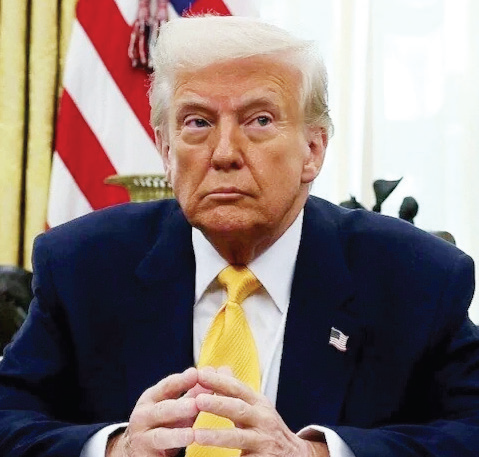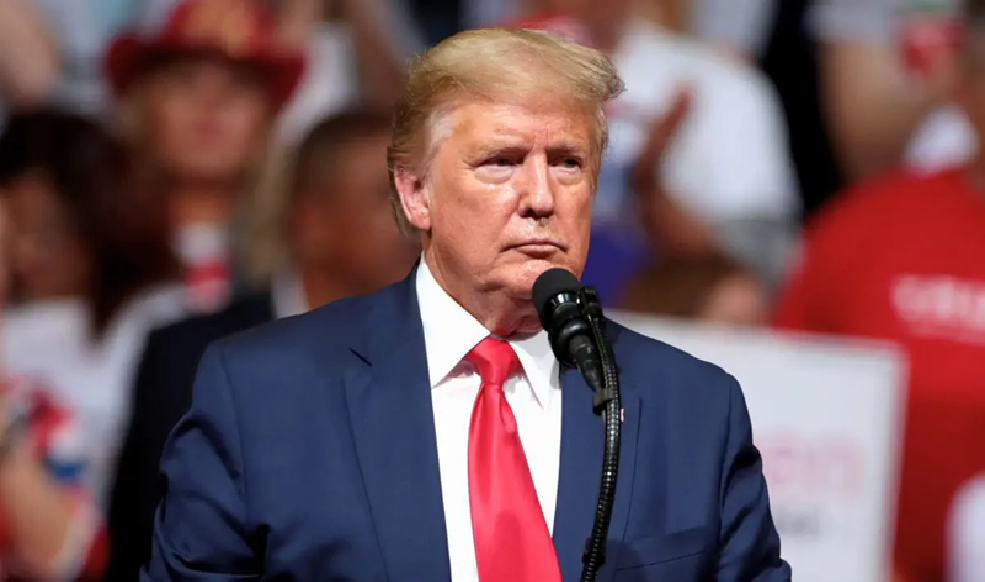
France: Centrist Emmanuel Macron faces challenge from leftist rival
Paris: A government headed by hard-left veteran politician Jean-Luc Mélenchon is hardly a prospect Macron would relish at a time of crisis for the European Union.
The French president would have to contend with a prime minister far apart ideologically from himself on crucial issues like France’s relationship with the 27-member nation bloc and the supplying of weapons to Ukraine.
Mélenchon, who earned a third place finish in the presidential election, is trying to engineer a stunning comeback as the head of what he hopes will be a coalition of leftist parties who have spent the past five years in the president’s large shadow.
Mélenchon inched closer toward uniting the shattered and weakened left by striking a deal on Monday with France’s Greens to not compete against each other in the legislative polls in June.
Mélenchon’s La France Insoumise (France Unbowed) party is also talking to the Socialist and Communist parties in hopes that they’ll also get behind him.
Mélenchon’s nascent coalition of the left would need to win a majority of the 577 seats in the lower house, the National Assembly, in the elections that will be held over two rounds of voting, on June 12 and 19. With six weeks of campaigning left to go, a Macron-Mélenchon power split emerging in June looks unlikely for now.
Here is a look at some of the obstacles that stand in the way of Mélenchon’s ambitions: MACRON’S ADVANTAGE: The president’s political movement, La Republique en Marche (The Republic on the Move), and its centrist allies together hold over 300 seats in the outgoing parliament, making him the favorite to again win a majority.
Macron is hoping that having elected him to a second, five-year term, large enough numbers of voters in the 577 districts won’t want to tie his hands by saddling him with a parliament largely filled with opponents.
MELENCHON’S CASE: The nearly 8 million votes that Mélenchon got nationally in the presidential election are no guarantee that he can secure a legislative majority, in part because the voting system is different. Legislators are elected by district.
And voters don’t always cast ballots in legislative elections along the same political lines that they chose in the presidential vote. In the previous presidential election in 2017, Mélenchon got more than 7 million votes, placing fourth. But his party won less than 20 seats in the legislative polls that followed. - AP
 English daily published in Bengaluru & Doha
English daily published in Bengaluru & Doha






